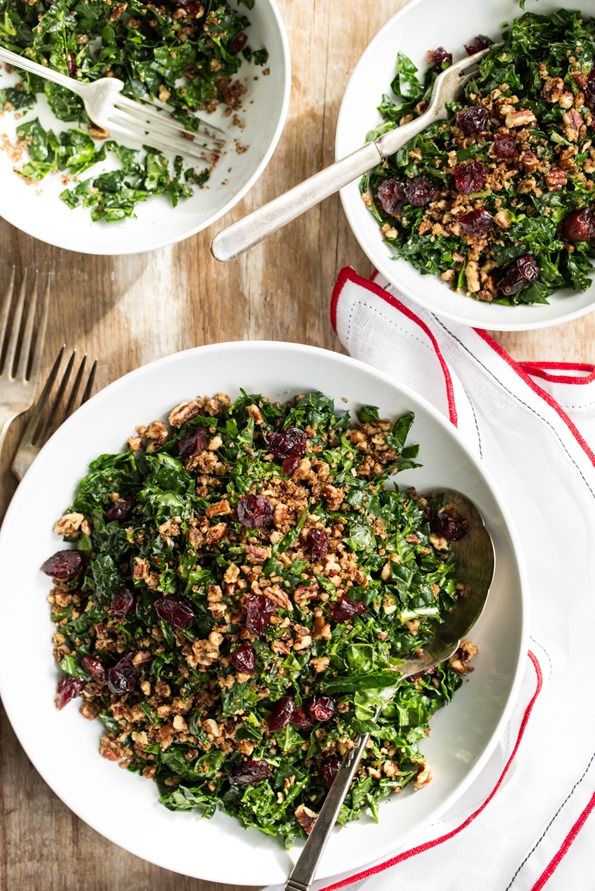We have now settled back into a routine after the excitement of the holidays and trying to stay happy, healthy and warm. It is easy however, to get pulled under by the lack of sun and shorter days. It is no wonder why "Blue Monday" exists in January, supposedly the 3rd Monday of the new year.
Let's boycott Blue Mondays this winter by focusing on these five ways to beat the blues. These are simple things you can incorporate into your life to keep that smile on your face. An important point is that there could be a easy explanation as to why you are feeling a little down and ruling these out first is key. There are a few common reasons, I see in my practice, for why people get the blues. They are adrenal fatigue, hormone imbalances, hypothyroidism and food allergies/sensitivities. Simple blood work, a health history and/or elimination diet can help decipher if your mood is affected by one of these issues.
But what can you do?
1. Eating a colourful diet with good protein - Processed, high sugar foods will weigh us down and cause inflammation. This is also true for food allergies/sensitivities. Increased inflammation in the body will lead to increased cortisol levels and in turn, decreased serotonin production. Serotonin is an important "feel good" neurotransmitter, along with dopamine. Good quality protein, such as grass fed beef, chicken, eggs, or beans and nuts, provide necessary amino acids to build those "happy" hormones and neurotransmitters. Greens, such as spinach, kale and parsley, aid in detox, making you feel a little lighter! Try a green smoothie, or bean chili to increase your nutrient intake.
2. Sweating - On these snowy days we tend to sink into the couch. Exercise, even moderate amounts, have been proven to increase endorphins and serotonin production, ultimately improving your mood. Start by walking 30 minutes at lunch if you are just getting back into it, or increase the intensity with HIIT workouts or at home exercises.
3. The sunshine vitamin - One of the first vitamins I think about when it comes to mood is vitamin D. It plays an important role in many things, including bone, skin and immune health, but it also contributes to improving mood. There are several studies that show an association with low vitamin D status and mood disorders, including seasonal affective disorder (SAD). Many of us are deficient in vitamin D. 30 minutes of full-exposure to sunlight, without sunscreen, can provide between 10,000 to 20,000IU of vitamin D. In the winter, or if we work in an office all year, that is difficult to get therefore we need to supplement. I suggest 2000-5000IU/day for mood disorders, however it is recommended to have your vitamin D levels checked to avoid toxicity.
4. B vitamins - The B vitamins are also important to regulate mood. These vitamins are necessary for every energy reaction in your body, including the production of hormones and neurotransmitters mentioned above. Women on oral contraception become deficient in B6 (pyridoxine), therefore it is even more important to supplement in these women. I recommend a multi-B vitamins, with higher amounts of certain Bs depending on the person.
5. Decrease stress - I've mentioned that increased cortisol can lead to decreased serotonin production, our "feel good" neurotransmitter. When stressed, it is harder to find the joy in things around us, therefore harder to dig ourselves out of the hole. Adequate sleep, yoga, meditation, writing to-do lists, and a good social network are all great stress busters. I have proven all of these! Enjoying the odd snow day off with homemade cookies and a movie can go a long way to improving our mood.
As you can see, Naturopathic medicine has many tools up its sleeve to help beat the blues. There are other nutrients and botanicals that I would consider, depending on the person and if they are on medication or not. If you feel like your mood is dipping, please consider these options or book an appointment with me or your local ND. We are happy to help!
In health and happiness,
Dr. Karen
(Photo cred: www.pivotcon.com)






